Sulphacetamide Sodium is a sulfonamide derivative, often used as an antimicrobial agent in the treatment of a variety of bacterial infections. It is commonly formulated in topical preparations, such as ointments, creams, and eye drops, for treating infections of the skin and eyes. Sulphacetamide Sodium works by inhibiting the growth of bacteria and preventing their ability to multiply, making it an effective treatment for conditions like conjunctivitis (pink eye), acne, and other skin infections.
Applications of Sulphacetamide Sodium:
1. Medical and Pharmaceutical Applications:
- Treatment of Eye Infections: Sulphacetamide Sodium is commonly used in ophthalmic solutions and eye drops to treat bacterial infections such as conjunctivitis, blepharitis (eyelid inflammation), and keratitis (inflammation of the cornea). The solution helps by inhibiting bacterial growth and alleviating symptoms like redness, itching, and discharge in infected eyes.
- Acne Treatment: Sulphacetamide Sodium is used in topical formulations (such as creams or gels) for treating acne. It works as an antimicrobial agent, targeting the bacteria responsible for acne breakouts and reducing inflammation. It is often combined with other active ingredients like sulfur to treat mild to moderate acne.
- Skin Infections: It is effective in treating a variety of skin infections, including bacterial dermatitis and other minor skin conditions caused by susceptible bacteria. Sulphacetamide Sodium is used in topical ointments or lotions for conditions like rosacea, seborrheic dermatitis, and folliculitis.
- Seborrheic Dermatitis: Sulphacetamide Sodium is used to treat seborrheic dermatitis, a skin condition that causes redness, scaling, and inflammation on the face, scalp, and other parts of the body. Its antimicrobial properties help reduce the bacterial overgrowth that can worsen the condition.
2. Veterinary Medicine:
- Topical Antibacterial for Animals: In veterinary medicine, Sulphacetamide Sodium is sometimes used in topical formulations for treating bacterial infections of the skin in animals, particularly for conditions like pyoderma (pus-filled skin infections) and other superficial bacterial skin infections.
3. Cosmetic Industry:
- Skin Care Products: Sulphacetamide Sodium is occasionally included in skin care products due to its antimicrobial and anti-inflammatory properties. It is sometimes added to products formulated for acne-prone skin or for controlling skin infections caused by bacteria.
4. Research Applications:
- Microbial Growth Inhibition Studies: Sulphacetamide Sodium is used in laboratory settings to study bacterial growth inhibition. Researchers use it in microbiological assays to test its effectiveness against various bacterial strains, helping in the development of new treatments and antimicrobial agents.
Safety with Sulphacetamide Sodium:
Although Sulphacetamide Sodium is generally considered safe when used as directed, there are several important safety guidelines to follow:
- Allergic Reactions: Sulphacetamide Sodium may cause allergic reactions in some individuals, including skin rashes, itching, or more severe reactions like difficulty breathing or swelling of the face, lips, or throat. If any signs of an allergic reaction occur, use should be discontinued immediately, and medical attention should be sought.
- Eye Irritation: If using eye drops or ophthalmic preparations, Sulphacetamide Sodium may cause mild eye irritation. If irritation persists or worsens, the product should be discontinued, and an alternative treatment should be sought.
- Topical Use: For topical applications, Sulphacetamide Sodium should not be applied to broken or irritated skin unless recommended by a healthcare professional. The area should be clean and dry before applying any product containing Sulphacetamide Sodium.
- Pregnancy and Breastfeeding: While Sulphacetamide Sodium is generally regarded as safe for use during pregnancy and breastfeeding, it is always recommended to consult with a healthcare provider before using it, especially in large amounts or over long periods.
- Sun Sensitivity: Topical use of Sulphacetamide Sodium, especially for acne or dermatitis treatments, may increase sensitivity to sunlight, potentially leading to sunburn. It is advised to use sunscreen or avoid direct sunlight when using products containing Sulphacetamide Sodium.
- Overuse: Overuse of Sulphacetamide Sodium, particularly in the form of topical ointments, can lead to skin irritation or contact dermatitis. Users should follow the instructions for use and avoid excessive application to prevent skin sensitivity.
- Interaction with Other Medications: Sulphacetamide Sodium may interact with certain medications, especially other topical treatments or antibiotics. It is important to inform your healthcare provider of all current medications to avoid possible interactions.
- Disposal: Properly dispose of unused or expired Sulphacetamide Sodium products according to local disposal regulations. This helps avoid contamination of water supplies and reduces environmental impact.


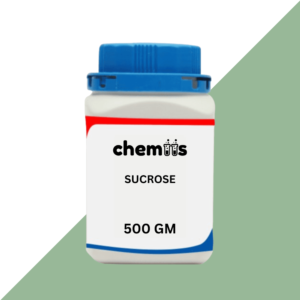
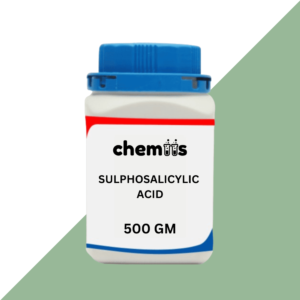
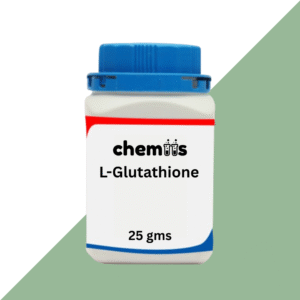
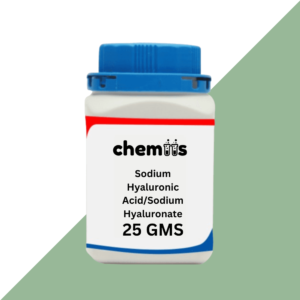

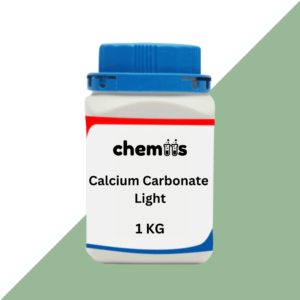
Saumya Balan (verified owner) –
Consistent on every order.
Meenal Shah (verified owner) –
Reasonably priced.
Sahil Chhabra (verified owner) –
Better than local suppliers.
Vipin Giri (verified owner) –
Just what I needed.
Suraj Barman (verified owner) –
Just what I needed.
Aarav Mehta (verified owner) –
Product matches the description.
Meenal Shah (verified owner) –
Received in good time.
Sahil Chhabra (verified owner) –
Will definitely order again.
Anjali Prasad (verified owner) –
Website is easy to navigate.
Charu Ghosh (verified owner) –
Found what I was looking for.